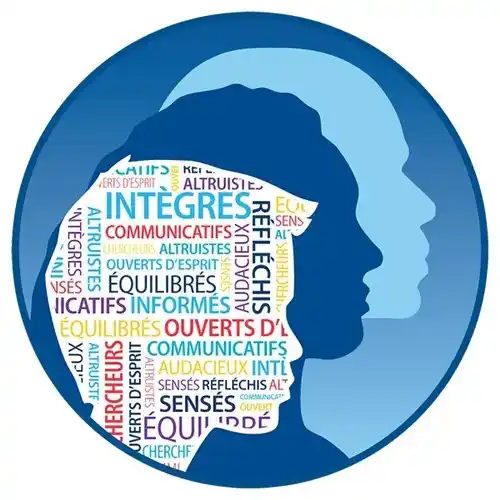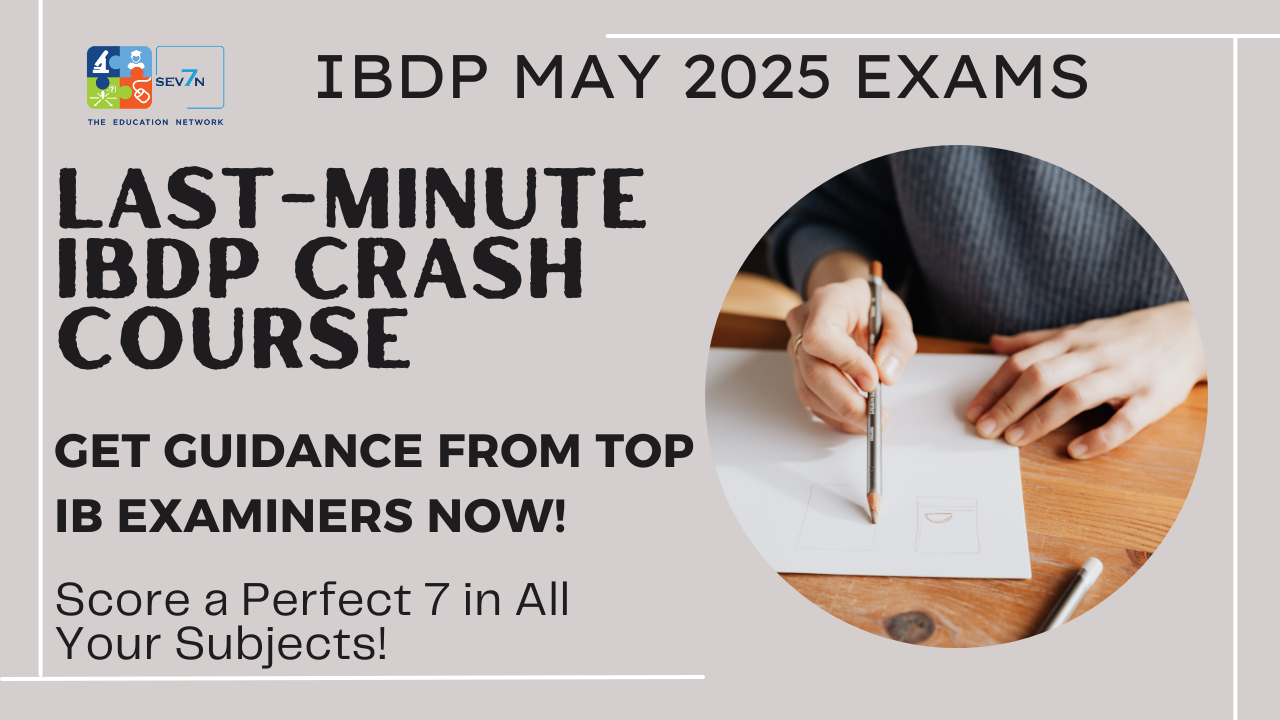“Present knowledge is wholly dependent on past knowledge.” Discuss this claim with reference to two areas of knowledge.
Knowledge encompasses the information, skills, and beliefs that individuals acquire through education, experience, and exploration. It serves as a force in shaping our perceptions and actions. In this essay, the claim that present knowledge is wholly dependent on past knowledge and its implications within two distinct areas of knowledge- natural sciences and history- will be explored. While it may be tempting to view knowledge as a linear progression, where each new discovery builds upon the previous, a closer examination reveals a more nuanced relationship between past and present knowledge. Present knowledge is not solely derived from the accumulation of past knowledge but is also influenced by the present context, emotions, evidence, beliefs, and even the experimentation of future theories. Nonetheless, the past serves as a robust foundation for our present knowledge, providing the groundwork upon which new ideas and insights can be constructed. To explore these concepts, I have chosen to examine the realms of natural sciences and history. In the natural sciences, prior inventions, discoveries, and theories form a sturdy framework for investigating and analyzing the present state of knowledge. Meanwhile, in history, the understanding of the past shapes our interpretations of the present, enabling us to learn from past experiences and make informed decisions for the future.
Anuja Chandramouli’s historical fiction novel, “Tughlaq,” provides a captivating narrative about the reign of Sultan Muhammad bin Tughlaq. Through her work, Chandramouli offers a creative interpretation of historical events, blending facts with imaginative storytelling. While the novel may not adhere strictly to historical accuracy, it demonstrates the intricate relationship between past and present knowledge. Chandramouli used the work of many writers such as Ibn Battuta to formulate her perspective, however, writers such as him were highly critical of Tughlaq and his ideologies. Due to this Chandramouli delved deeper into research and got her information from accounts of modern writers such as Agha Mahdi Hussain to get a more leveled perspective on Tughlaq.
 Top IBDP Tutors For You
Top IBDP Tutors For You
Based on this intensive research that she carried through, she narrated her interpretation of the character of Tughlaq. This shows that the past knowledge that was provided formed a strong premise for his present research. However, after she got this information, Chandramouli also used her imagination to mold the character. Regardless to say, she has used her own ingenuity to interpret Tughlaq’s behavior and personality. Her own individual perception and perspective formed a crucial role in her narrative. This shows the role of emotions that come into history when a story is retold.
 Best Online IBDP Classes
Best Online IBDP Classes
Past knowledge is not the only factor determining present knowledge, rather is one of the factors. Perception, interpretation, and emotions of the receiver of this past knowledge play a larger role in its present understanding. This demonstrates that present knowledge in history is not merely a repetition of the past but a dynamic process influenced by the context and lens through which it is examined. The claim that present knowledge in history is wholly dependent on past knowledge fails to acknowledge the impact of revisionist historiography. Historians constantly reassess and reinterpret historical events, challenging established narratives and introducing new information.
The claim implies that in the field of natural sciences, our present knowledge and accomplishments are founded on the understanding and discoveries of the past. It recognizes that scientific discovery builds upon, improves, or contradicts pre-existing hypotheses in a gradual manner.
 IBDP Exam Crash Course 2024-25
IBDP Exam Crash Course 2024-25
Einstein’s revolutionary general relativity theory changed our understanding of gravity. The theories of motion, gravitation, and electromagnetic were constructed on the observations and understanding of earlier scientists like Galileo, Newton, and Maxwell. Einstein’s observations were based on previous foundations laid by other scientific theories such as of Isaac Newton. About a decade later, this theory of Einstein was finally proven by the LIGO. LIGO’s success was not an isolated event but rather the culmination of decades of theoretical advancements and empirical research.
 Affordable IBDP Tutoring
Affordable IBDP Tutoring
The scientific community had been working tirelessly to develop methods for detecting gravitational waves, refining Einstein’s equations, and conducting simulations to predict the expected waveforms. This shows how current information frequently builds on the foundations of earlier knowledge. Even though the idea of gravitational waves was first put forth in theory more than a century ago, it took developments in theoretical physics, experimental methods, and technology breakthroughs to demonstrate its reality in the present.
It draws attention to the iterative nature of scientific research, which involves building on prior knowledge and insights to make new discoveries and improvements. The theory gives rise to assumptions which is what an initial hypothesis is based upon. This is then furthered not only by past knowledge but by contextual evidence and empirical support as well.
 IA/EE Help by IB Experts – IAHelp
IA/EE Help by IB Experts – IAHelp
The act of Otto Frank censoring and editing Anne Frank’s diary provides an intriguing perspective on the claim that present knowledge is wholly dependent on past knowledge. Anne Frank’s diary, known as “The Diary of a Young Girl,” is a poignant and significant literary work that captures the experiences of a Jewish girl hiding from the Nazis during World War II. However, the version of the diary that we have today is not in its original form but rather a result of Otto Frank’s editorial decisions. This raises questions about the extent to which present knowledge is shaped by the editing and censorship of historical documents.
 IBDP Math AA/AI HL Tutors – MathTutors
IBDP Math AA/AI HL Tutors – MathTutors
The act of Otto Frank censoring and editing Anne Frank’s diary provides an intriguing perspective on the claim that present knowledge is wholly dependent on past knowledge. Anne Frank’s diary, known as “The Diary of a Young Girl,” is a poignant and significant literary work that captures the experiences of a Jewish girl hiding from the Nazis during World War II. However, the version of the diary that we have today is not in its original form but rather a result of Otto Frank’s editorial decisions. This raises questions about the extent to which present knowledge is shaped by the editing and censorship of historical documents. Otto Frank, Anne’s father, made deliberate choices regarding which parts of the diary to include and which to omit when preparing it for publication. His primary motivation was to protect Anne’s memory and maintain her dignity, as well as to shield certain individuals mentioned in the diary from potential repercussions. These decisions inherently influenced the readers’ perception of Anne’s experiences, as they were filtered through Otto Frank’s lens and guided by his own interpretation of events.
 7 in IBDP: Proven Strategies – HighScores
7 in IBDP: Proven Strategies – HighScores
In this context, the claim that present knowledge is wholly dependent on past knowledge invites us to consider the role of editors and censors in shaping historical narratives. Otto Frank’s edits not only determined what information would be available to future generations but also influenced the portrayal of Anne’s personality and the emphasis placed on certain themes in her diary. By exercising his editorial authority, Otto Frank played an active role in determining the knowledge that would be passed on to subsequent generations.
While the diary itself provides valuable insights into Anne’s experiences, the version we have today is a result of Otto Frank’s editorial decisions. It emphasizes that present knowledge is not solely dependent on past knowledge but is also subject to the interpretive filters and editorial interventions of those who curate historical records.






